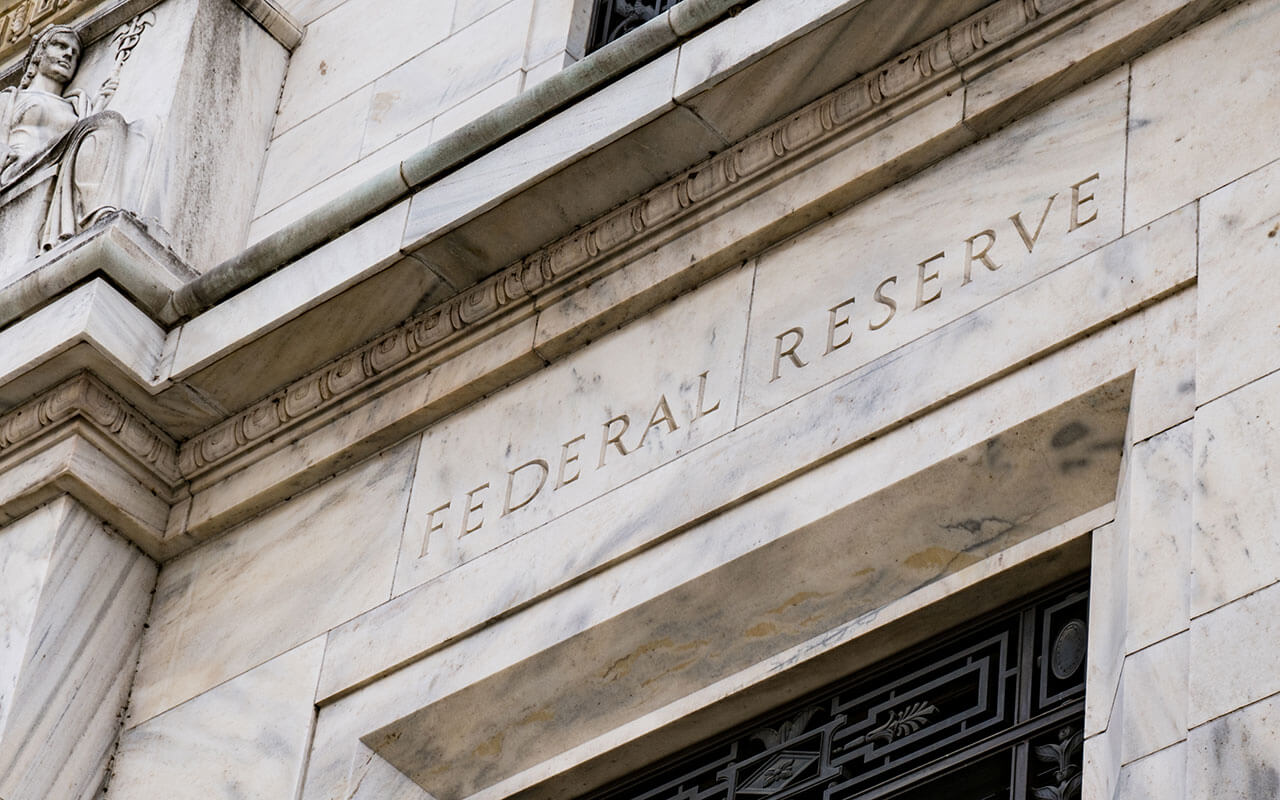Fed Governor Advocates for Banks and Firms to Issue Stablecoins Under Clear Regulations
17.02.2025 13:00 1 min. read Alexander Stefanov
A top official from the U.S. Federal Reserve is pushing for new legislation that would allow traditional financial institutions to issue stablecoins backed by the U.S. dollar.
During a speech in San Francisco, Federal Reserve Governor Christopher J. Waller argued that creating a regulatory framework for stablecoins would provide significant benefits to the financial system.
Waller believes that stablecoins could enhance the accessibility of U.S. dollars, simplify international transactions, and improve payment systems for everyday consumers. He suggested that banks and non-bank entities alike should be permitted to issue these digital assets under a well-defined regulatory structure. Ensuring stability and security, he noted, would be key to their successful integration into the financial landscape.
Despite their advantages, stablecoins also pose risks. Waller pointed out that some have lost their peg to the dollar in the past, raising concerns about reliability. Additionally, he warned that stablecoins, like any other payment mechanism, are vulnerable to technical failures and settlement issues.
Regulatory discussions around stablecoins have gained momentum in Washington. Senator Bill Hagerty recently introduced the GENIUS Act, a proposal aimed at establishing clear rules for stablecoin issuers, including licensing requirements and reserve obligations. With policymakers increasingly focused on digital asset regulations, Waller’s comments reflect a growing push to bring stablecoins under the umbrella of traditional finance.
-
1
U.S. State of Connecticut Blocks Crypto from Public Sector Operations
12.06.2025 16:00 1 min. read -
2
Federal Reserve Clears Path for Banks to Enter Crypto Market
24.06.2025 8:00 2 min. read -
3
Vietnam Charts a Clear Course for Digital Assets With New 2026 Law
16.06.2025 18:00 1 min. read -
4
GENIUS Act Clears Senate, Setting Stage for First U.S. Crypto Law
18.06.2025 12:00 1 min. read -
5
Coinbase and Set Gemini to Expand in EU Under MiCA Rules
17.06.2025 13:00 2 min. read
Crypto Advocates Back Sen. Cynthia Lummis’ Push to Reform Digital Asset Tax Rules
As the U.S. Senate debates a sweeping reconciliation package dubbed the “Big, Beautiful Bill,” crypto industry advocates are rallying behind an amendment introduced by Senator Cynthia Lummis aimed at reforming outdated and burdensome tax rules for digital assets.
Germany’s Largest Banking Group Sparkassen to Offer Crypto Trading by 2026
In a major shift from its earlier stance, Sparkassen-Finanzgruppe — Germany’s largest banking group — is preparing to introduce cryptocurrency trading services for retail clients by the summer of 2026, according to a report from Bloomberg.
Kazakhstan to Establish State Crypto-Reserve Under Central Bank Oversight
Kazakhstan is taking a major step toward integrating digital assets into its national financial strategy, with plans to establish a state-managed crypto-reserve.
Europe’s Largest Euro-Denominated Spot Crypto Exchange Secures License Under MiCA
Bitvavo, Europe’s largest euro-denominated spot crypto exchange, has officially received a MiCA license from the Dutch Authority for the Financial Markets (AFM), allowing the firm to operate across all 27 European Union member states.
-
1
U.S. State of Connecticut Blocks Crypto from Public Sector Operations
12.06.2025 16:00 1 min. read -
2
Federal Reserve Clears Path for Banks to Enter Crypto Market
24.06.2025 8:00 2 min. read -
3
Vietnam Charts a Clear Course for Digital Assets With New 2026 Law
16.06.2025 18:00 1 min. read -
4
GENIUS Act Clears Senate, Setting Stage for First U.S. Crypto Law
18.06.2025 12:00 1 min. read -
5
Coinbase and Set Gemini to Expand in EU Under MiCA Rules
17.06.2025 13:00 2 min. read


